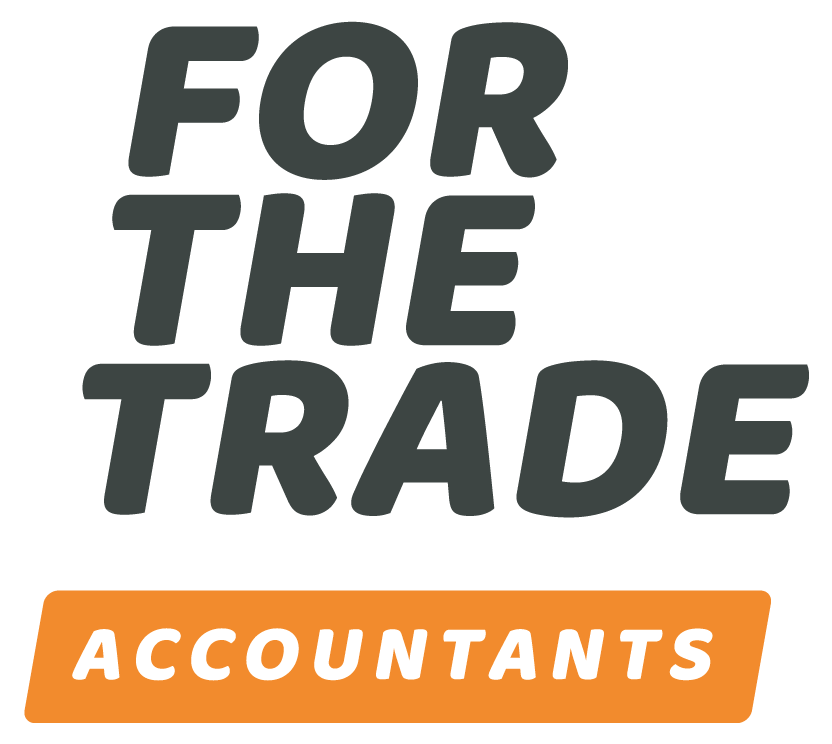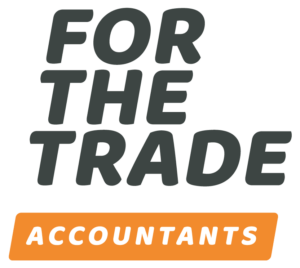Most of my clients spend more time in their vans than anywhere else. They’re an important asset and you’ve got to invest in a reliable vehicle. But there are a few options, each of which has its pros and cons.
Here’s a quick overview, along with my general advice.
Cash
It’s pretty simple – if you’ve got the cash to burn and you know it’s going to be good for your business, it’s always best to buy the van outright.
Before you buy, you’ll be able to negotiate the price, and never worry about the consequences of not getting the best deal. You can even trade-in your old van if you need to, to help get the price even lower.
There won’t be any issues with mileage, which is another ballache that can happen with a rental or lease. And the taxman won’t be at your door anywhere near as often.
You will have to pay for everything to do with the van from your own or your business’s pocket, however.
Whether that’s just putting air in the tires, or a full MOT service – when you own it the responsibility is completely yours.
Repairs are also something to consider and can leave you in a spot of bother if you have a van that looks beaten up because you can’t afford to get it fixed. You need to make sure that you can afford any potential damages that your van may have.
And finally, you can’t make a profit selling any motor vehicle. They always go down in value, so be aware of how depreciation will affect your finances overall.
Hire purchase
Hire purchase means buying the van over a period of time, with one larger first instalment, followed by a set of instalments.
This is a preferred choice for a smaller business that may need the van now but doesn’t have the capital to buy it outright.
To do this, you’d use a finance provider to pay for the van, incurring a fee or interest rates, usually increasing the overall cost.
You still know in the long-term it will belong to you if you pay each instalment, but there’s still that anxiety of meeting each payment. If you had the money upfront, then you wouldn’t be needing to do it in the first place.
It’s always worth using a price comparison site or speaking to a pro to make sure you get the best deal here.
Lease
Leasing has become a lot more common these days and has pros and cons of its own for you and your business.
A lease works like a mobile phone contract – you have a set length of time where you possess the van, normally around three to five years.
Once that time has passed, you won’t own the van and it will go back to the supplier (unless you have a lease-purchase agreement).
You’ll normally get a breakdown and maintenance package as part of the lease, which can save you a lot of hassle should you need to repair the van.
If you opt-in for an all-in provider you’ll pay the same fee every month, even if you have problems with the vehicle. This is great if your budget is really tight.
On the downside, there are always mileage restrictions which might stop you from travelling to clients further afield.
Also, penalty clauses can cause you a serious headache if you don’t use the suggested suppliers – important to bear in mind that every leasing company will have its own connections it wants you to use.
It’s always important to talk to a professional who can guide you on these matters.
Get… another van?
But what if I’ve already got one van, and I want another one. Well in our view acquiring a second van is a key step in expanding the business – two vans, two teams = more money.
Then you might want to lease the van, rather than buy it outright. Or maybe a hire purchase is more suitable.
Either way, drop us a line – we’re here to talk about what’s best for you.


